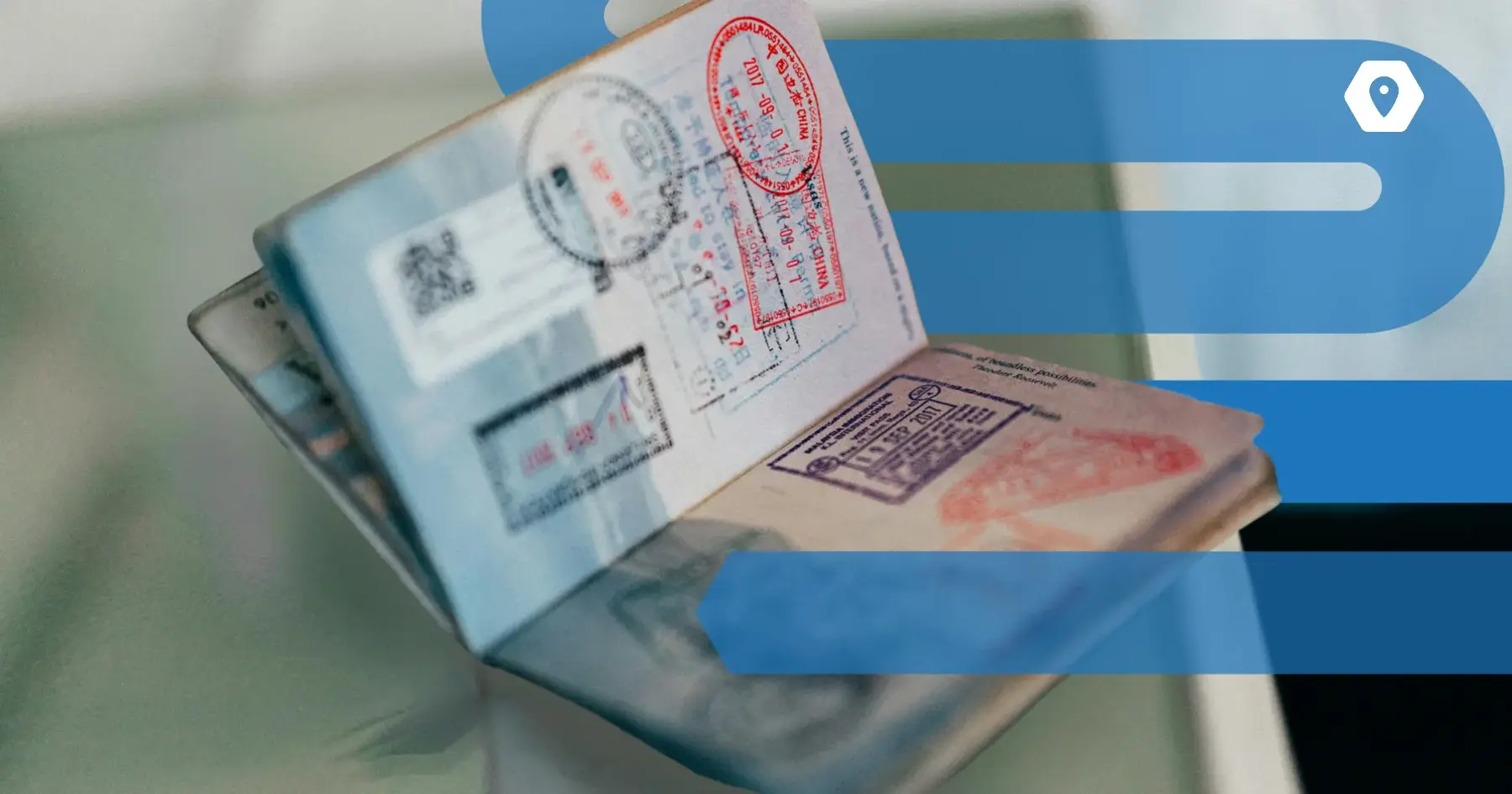- The UK faces a severe healthcare staffing crisis, with NHS vacancies projected to exceed 570,000 by 2036, driving the need for overseas recruitment.
- The Health and Care visa, part of the Skilled Worker route, offers key advantages including fast-track processing, reduced fees, and exemption from the healthcare surcharge.
- Eligible roles for this visa are strictly limited to approved healthcare occupation codes, covering positions such as nurses, doctors, care workers, pharmacists, and therapists.
- Employers must hold a valid sponsor licence, issue Certificates of Sponsorship through the SMS, maintain compliance records, and ensure roles meet visa and eligibility criteria.
In February 2023, the Guardian reported that “job vacancies in the UK had reached a near-record level, due largely to the shortage of nurses, carers and other healthcare staff.” Already operating with 154,000 fewer full-time staff than it needs, the NHS may find itself missing as many as 571,000 health and care workers by 2036, if current trends continue.
While plans are in place to train more healthcare staff within the UK, it is inevitable that health and care workers will continue to come from overseas. For employers, this presents the complex challenge of sponsoring and relocating foreign staff members.
In 2020, the UK Government launched a Health and Care visa, as part of the Skilled Worker route, for trained health workers. In this article, we’ll take a closer look at the Health and Care visa: its benefits and qualifying criteria, and how you can sponsor overseas health and care workers as an employer.
The benefits of the Health and Care visa
Even though it is part of the Skilled Worker route, the Health and Care visa comes with its own set of unique benefits:
- Fast-track processing. UK Visas and Immigration (UKVI) prioritizes Health and Care Visa applications due to the critical demand for healthcare workers. The vast majority are processed within three weeks, a significant improvement compared to processing times of eight to twenty weeks for other visa types.
- Dedicated support. Employers sponsoring Health and Care visa applicants have access to dedicated support from UKVI. This resource is invaluable for addressing any challenges during the application process or establishing your eligibility as a sponsor. You can contact UKVI’s dedicated NHS team at [email protected].
- Reduced visa fees. Health and Care Visa applicants pay reduced application fees (all visa fees are listed here). This visa fee reduction also applies to partners and dependents of Health and Care Visa applicants.
- No healthcare immigration surcharge. In addition to the reduced visa fee, applicants and their families (defined as partners and children but not extended families) are exempt from paying the health surcharge that usually applies to overseas visa applicants.
Who is eligible for a Health and Care visa?
The Health and Care Worker visa exists to facilitate the hiring and relocation of qualified healthcare workers to bridge the labour gap in the healthcare workforce.
Applicants for the Health and Care Visa will need to meet all relevant criteria for a Skilled Worker. These requirements include:
- A job offer from a UK employer that’s been approved by the Home Office;
- Having a ‘certificate of sponsorship’ from you, with all the relevant information about the role you are offering;
- A job role that’s on the list of eligible occupations (below);
- A minimum salary (exact numbers depend on the type of work);
- An appropriate level of English.
Each role has a four-digit Standard Occupational Classification (SOC) code. The job description on the list should match the position being filled. The Home Office can refuse any visa application filed with the wrong SOC code, so make sure you have the right code, to minimise delays and problems in the visa process.
These are the occupation codes eligible for the Health and Care visa:
1181 – Health services and public health managers and directors
1242 – Residential, day and domiciliary care managers and proprietors
2112 – Biological scientists and biochemists
2113 – Physical Scientists
2211 – Medical Practitioners
2212 – Psychologists
2213 – Pharmacists
2214 – Ophthalmic Opticians
2215 – Dental practitioners
2217 – Medical Radiographers
2218 – Podiatrists
2219 – Health Professionals not elsewhere classified
2221 – Physiotherapists
2222 – Occupational Therapists
2223 – Speech and Language Therapists
2229 – Therapy professionals not elsewhere classified
2231 – Nurses
2232 – Midwives
2442 – Social Workers
3111 – Laboratory Technicians
3213 – Paramedics
3216 – Dispensing opticians
3217 – Pharmaceutical technicians
3218 – Medical and dental technicians
3219 – Health associate professionals not elsewhere classified
6141 – Nursing auxiliaries and assistants
6143 – Dental nurses
6145 – Care workers and home carers
6146 – Senior care workers
This is an exhaustive list—that is to say, if you’re not planning to employ someone in a role matching one of the above occupation codes, that person/role will not be eligible for the Health and Care visa and will have to qualify under the standard Skilled Worker rules, which will involve paying the Immigration Health Charge.
Read the full Health and Care visa guidance for detailed information on the eligibility criteria.
How to get your Certificate of Sponsorship
For each foreign worker you hire, you need to assign a certificate of sponsorship. This is an electronic record with its own number that the worker can use in their visa application. You can apply for your Certificate of Sponsorship using the sponsorship management system (SMS).
Once the certificate is assigned, the worker must use it to apply for their visa within 3 months, and no more than 3 months before the start date of their job, as it’s listed on the certificate.
When you’re assign a CoS to a Skilled Worker for a Health and Care visa, or apply for a Defined CoS that you intend to assign to such a worker, include in the ‘Summary of job description’ field:
- An explanation of how the worker meets the Health and Care visa criteria—for example, that they work for an NHS trust in one of the occupation codes listed above.
- If you are a private organisation, provide some information about the contract or agreement you have with the NHS.
- Inform your worker that they are eligible for the Health and Care visa so they can complete their visa application form with the correct information.
Requirements for the employer
To sponsor a Health and Care visa, you must prove that you are an eligible organisation. It is also your responsibility to inform the applicant they are eligible for the Health and Care Visa. Once the worker applies for a visa, they’ll be required to provide documentation to support their application, including proof of their qualifications, work experience, and finances. It’s your responsibility as the sponsor to keep records of their employment and report any changes to the Home Office.
For businesses aiming to optimize their global mobility management, using advanced global mobility software is key. Jobbatical’s mobility platform and immigration experts can significantly reduce the time required to relocate employees by 50% and lower relocation costs by 70% compared to traditional law firms and global mobility companies.


.svg)



.png)





.svg)
